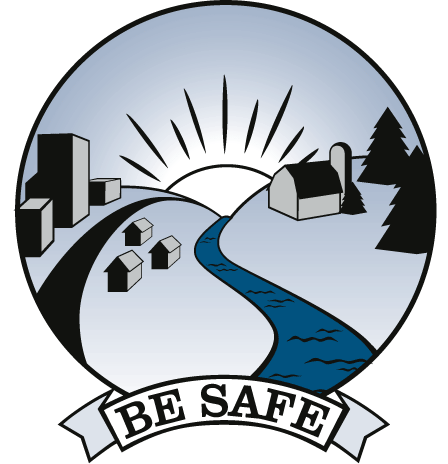![]()
![]()
![]()
Military
Toxic
Pollution

A Threat to Public Health & the Environment
The U.S. Department of Defense (DOD) is our country�s largest polluter, responsible for over 29,000 toxic hot spots on 11,000 active and former military properties with a cleanup price tag in the billions of dollars. [DERP] Our military produces more hazardous waste every year than the five largest U.S. chemical companies combined. [D&S] Yet, the DOD has demanded Congress grant them sweeping exemptions from a myriad of hazardous waste, cleanup, and wildlife protection laws. The Pentagon has claimed that the exemptions are necessary to protect military readiness, even though scientists and environmental and wildlife officials have testified that the exemptions are unnecessary and harmful, and DOD and other government studies have shown that environmental laws are not inhibiting military training. If Congress grants the exemptions, it would open up millions of acres of military lands and waters across our country to a new onslaught of unregulated and unbridled pollution.
- Military pollution poisoned the only source of drinking water for half a million people on Cape Cod, Massachusetts, and has forced the shutdown of drinking water wells in many other communities. Just one of the chemicals found in military munitions�perchlorate�has contaminated drinking water wells and public water systems in at least 18 states. [EWG]
- Clusters of childhood leukemia have been documented near military bases in Fallon, Nevada and Sierra Vista, Arizona. Military pollution has been linked to increased risk of lung cancer for women living near the Massachusetts Military Reservation on Cape Cod, to low birth weights for babies born near Tinker Air Force Base in Oklahoma, and to serious health problems in dozens of other communities. [MTP]
- At the Badger Army Ammunition Plant in Wisconsin, the Army is breaking signed cleanup agreements and asking Congress to let them off the hook for cleaning up over a decade of toxic dumping which contaminated drinking water wells with cancer-causing chemicals in excess of federal health standards.
BE SAFE: Take Precautionary Action to Protect Our Health From Military Toxic Pollution